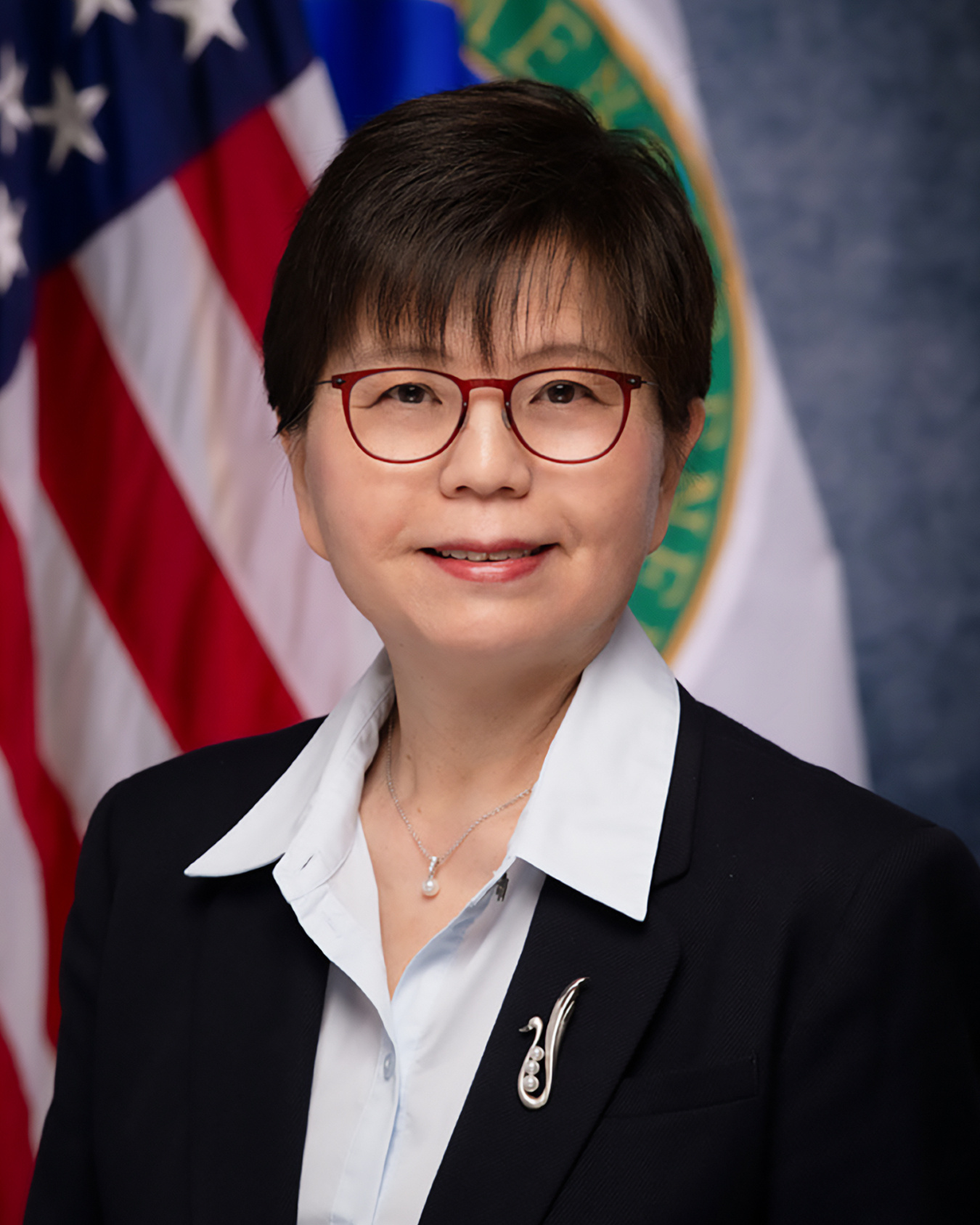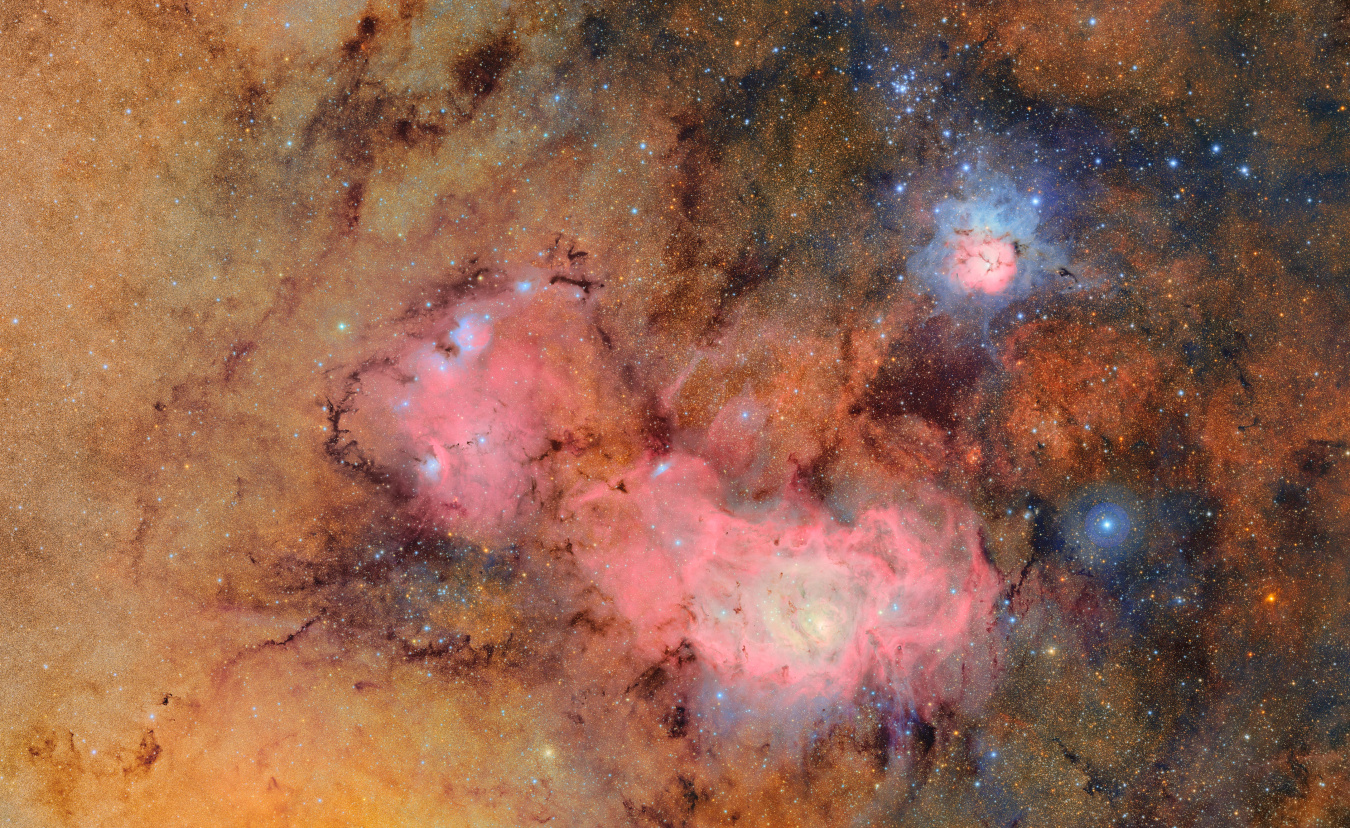To receive the latest news and updates about the Office of Science, submit your e-mail address.
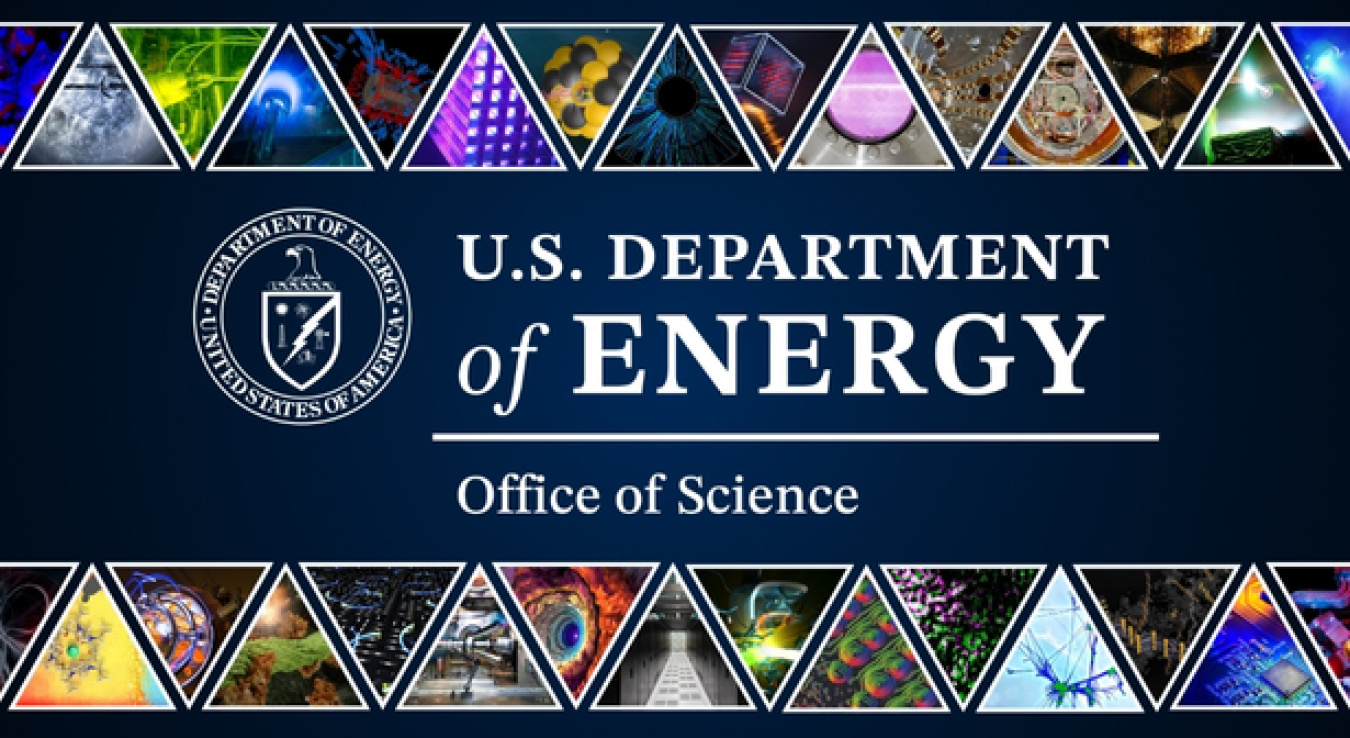
Department of Energy's Office of Science has a mission to deliver scientific discoveries and major scientific tools to transform our understanding of nature and advance the energy, economic, and national security of the United States. We are the nation’s largest federal sponsor of basic research in the physical sciences and are a major supporter of research in such key scientific fields as physics, materials science, computing, and chemistry. We are also the lead federal agency supporting fundamental scientific research related to energy.
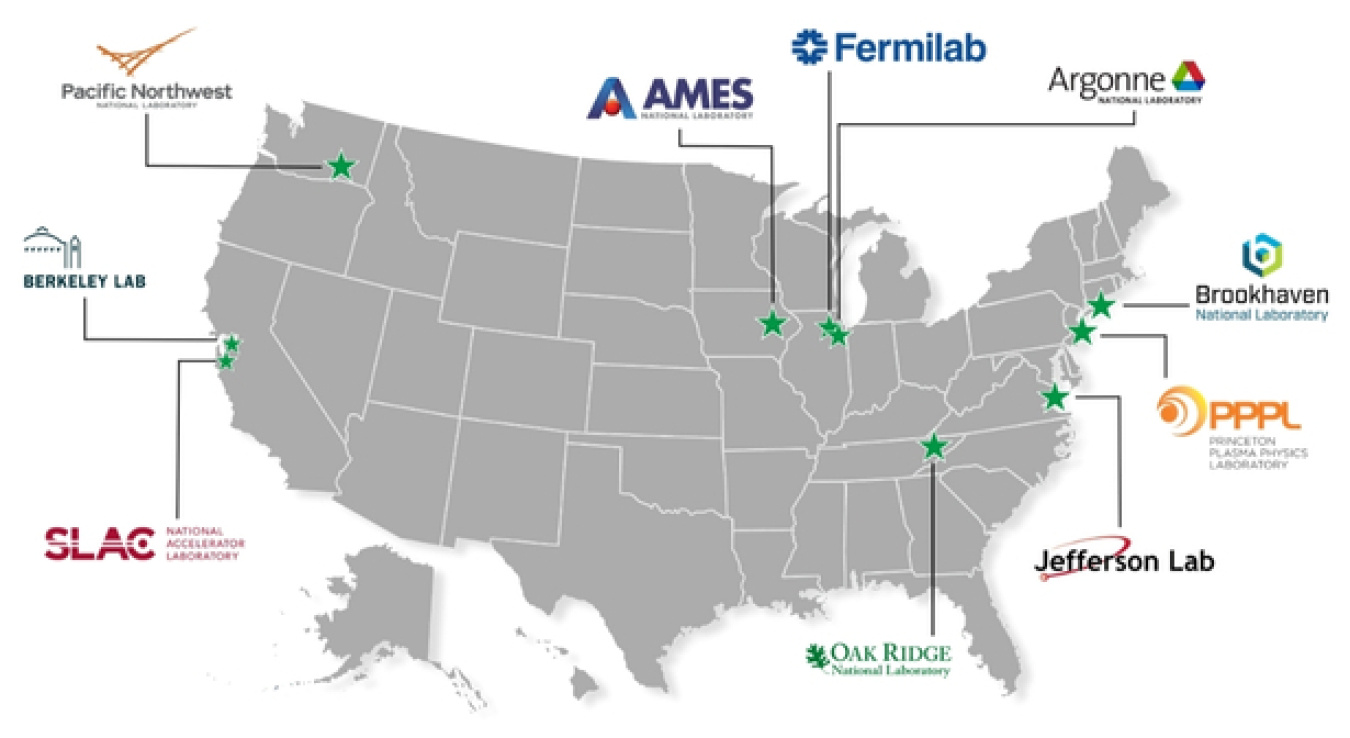
To keep America in the forefront of discovery and innovation, we sponsor research at hundreds of universities, national laboratories, and other institutions across the country. We also build and maintain a vitally important array of large-scale scientific facilities at the DOE national laboratories, which are used by thousands of researchers every year.
Areas of Focus
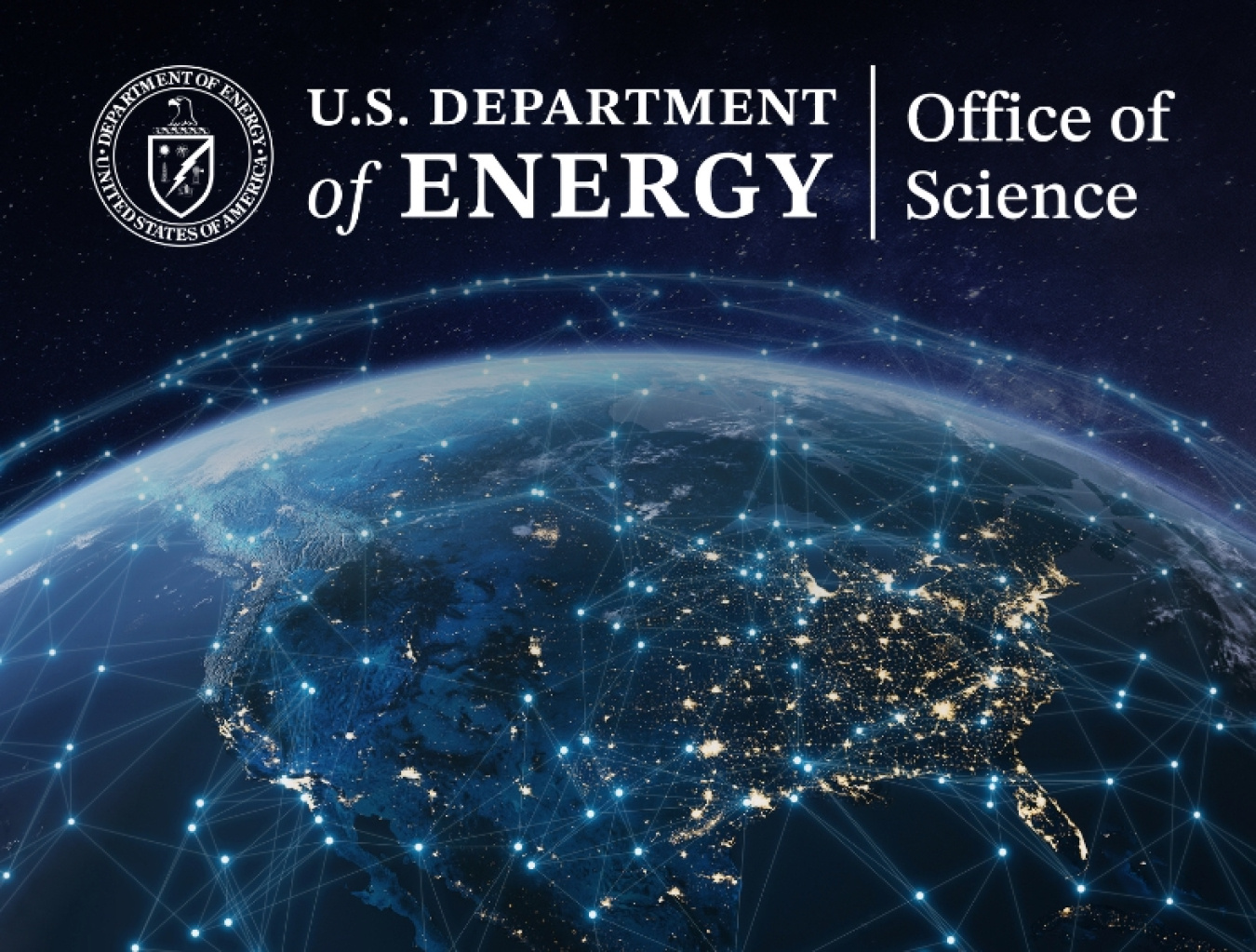
Discovery Science
The Office of Science supports the Nation’s best minds, using the world’s best facilities, to keep America at the forefront of discovery. From astronomy to zeolites, our researchers are unveiling secrets of the basic building blocks of life, matter, the universe, and energy.
Funding Opportunities
University Partners
Department of Energy Explains
Science Highlights
Funded Science (PAMS)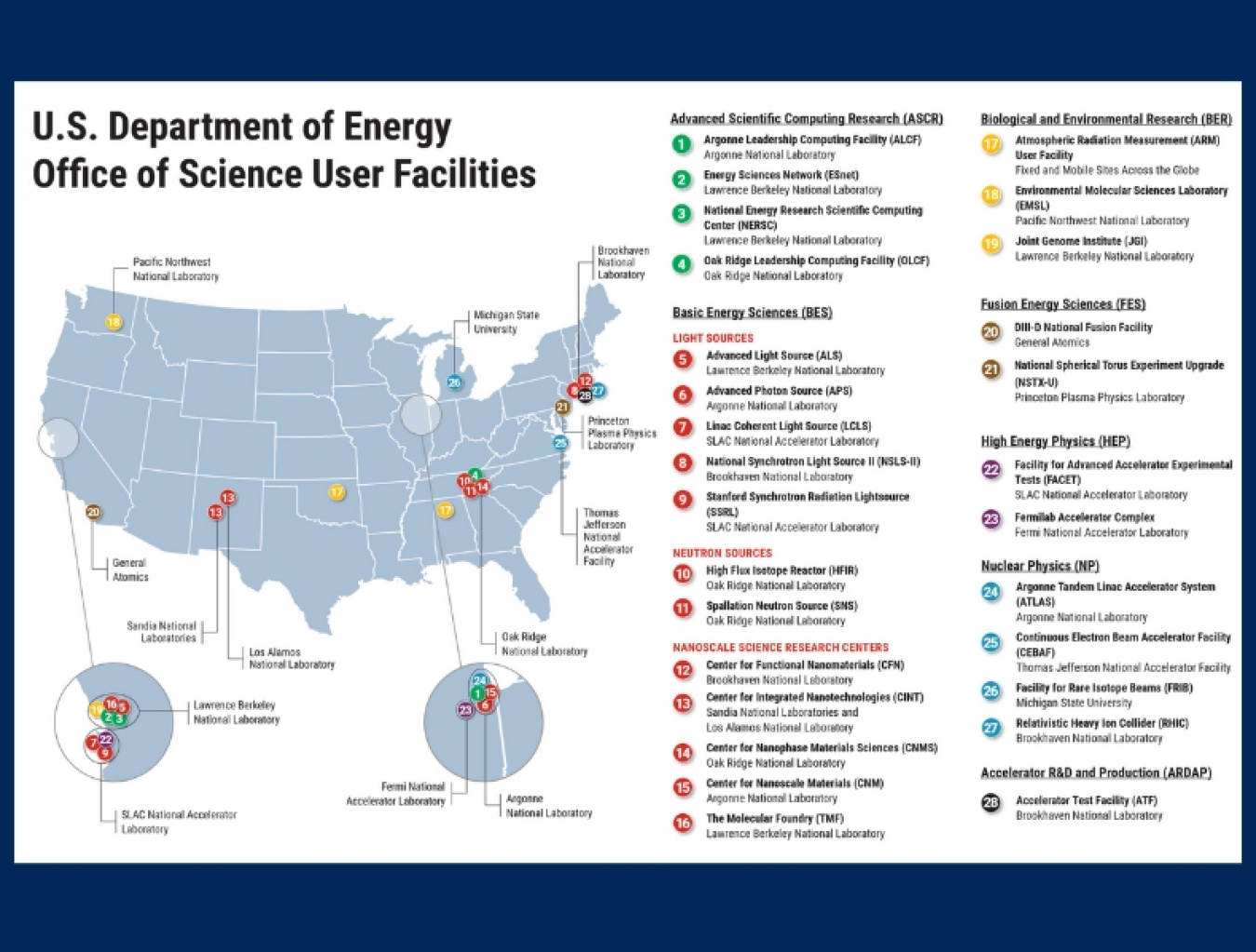
Scientific Capabilities
Cutting-edge technology and scientific tools drive world-shaping discoveries at DOE. The Office of Science accelerates discovery with the world’s largest array of major scientific user facilities that includes particle colliders, powerful X-ray light sources, supercomputers, and delicate sensors and optics.
Office of Science National Labs
Office of Science User Facilities

Building the Scientific Community
The Office of Science has long supported large teams who tackle science’s biggest problems. Today, we’re working to cultivate the students who will become the next generation of scientists, develop the scientific workforce, and foster safe work, research, and funding environments.

A Foundation for Innovation
Discovery research is the foundation for technological innovation and development. The Office of Science plays a central role in advancing the energy, economic, and national security of the United States.
Early Career profiles
Small Business Innovation Research and Small Business Technology Transfer
Office of Science Leadership
From the Blog
Latest News
Office of Science Programs
Research Summaries
-
July 2, 2025
Contact Us
The Office of Science
U.S. Department of Energy
1000 Independence Ave., SW
Washington, DC 20585


